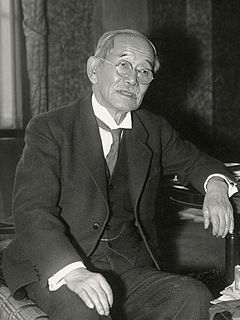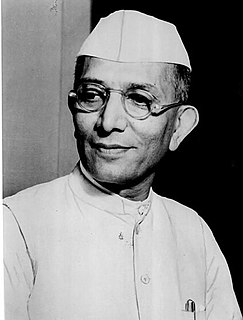A Quote by Jon Lovett
I went into politics for the reasons most people do: ambition, self-righteousness, and a desire to help others.
Quote Topics
Related Quotes
True conversion means turning not only from sin but also from depending on self-made righteousness. Those who trust in their own righteousness for conversion hide behind their own good works. This is the reason that self-righteous people are so angry with gospel preachers, because the gospel does not spare those who will not submit to the righteousness of Jesus Christ!
It’s in our interest to take care of others. Self-centrednes s is opposed to basic human nature. In our own interest as human beings we need to pay attention to our inner values. Sometimes people think compassion is only of help to others, while we get no benefit. This is a mistake. When you concern yourself with others, you naturally develop a sense of self-confidence . To help others takes courage and inner strength.
There is scarce any passion so heartily decried by moralists and satirists, as AMBITION; and yet, methinks, ambition is not a vice but in a vicious mind: in a virtuous mind it is a virtue, and will be found to take its color from the character in which it is mixed. Ambition is a desire of superiority; and a man may become superior, either by making others less or himself greater.
Adolescents, for all their self-involvement, are emerging from the self-centeredness of childhood. Their perception of other people has more depth. They are better equipped at appreciating others' reasons for action, or the basis of others' emotions. But this maturity functions in a piecemeal fashion. They show more understanding of their friends, but not of their teachers.
My background is such that I am uneasy about religious laws, I think there's always a real danger when you start appealing to a higher authority. It's self-righteousness, it's not righteousness, it's self-righteousness that takes control. But I think that it's absolutely crucial that that's not confused with the debate that takes place over Shari'a law in Great Britain at the moment. Because as far as anybody is concerned, when you talk about Shari'a courts now you're talking about - I don't know what people think.
We read deeply for varied reasons, most of them familiar: that we cannot know enough people profoundly enough; that we need to know ourselves better; that we require knowledge, not just of self and others, but of the way things are. Yet the strongest, most authentic motive for deep reading…is the search for a difficult pleasure.




































